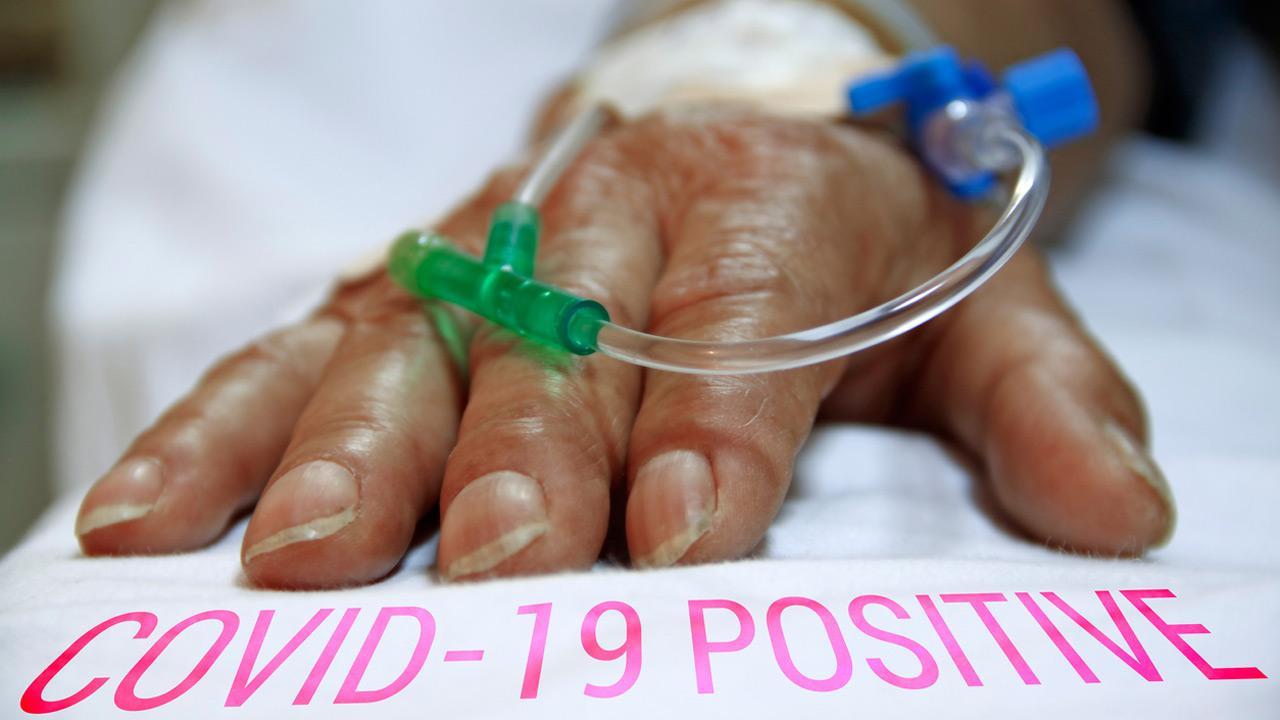According to 'Health Systems Resilience Index (HSRI)' report by Observer Research Foundation, India's healthcare delivery system has historically suffered from ad-hoc regulation, poor monitoring, and modest budgetary allocations

Representative Image
The over two years of Covid-19 pandemic laid bare the already failing health systems of India and people continue to suffer. With the country now facing recurring infections post-Covid, there is an urgent need to refill gaps in the healthcare systems, suggests a report on Friday.
ADVERTISEMENT
The 'Health Systems Resilience Index (HSRI)' report by global think tank Observer Research Foundation (ORF) offers insights into the state of the country's health systems at a disaggregated sub-national level, and the parameters that need to be addressed in the short term.
"There is no better time than now to invest in health systems. Today, as the world sees a likely future of recurring infections, state leaders will need to prioritise the building of knowledge systems and investment in human capital and critical infrastructure, and to put into place robust evaluative mechanisms. This will need an across-the-board consensus for action," Dr Samir Saran, President, ORF, wrote in the report.
India's healthcare delivery system has historically suffered from ad-hoc regulation, poor monitoring, and modest budgetary allocations. The report highlighted how during the pandemic some states and Union Territories (UTs) succeeded more than others in streamlining the resources rapidly to fight Covid.
"The key was aligning their health systems with the needs of the population," Saran said. The report showed that in the domain of institutional support to the health sector, Meghalaya did exceedingly well, and Himachal Pradesh, Sikkim, and even small states like Tripura, Goa, and Mizoram did relatively well. Jammu & Kashmir leads among the UTs.
Also read: High levels of toxic chemical 'Nonylphenol' found in drinking water across India: Report
In terms of managing Covid-related health outcomes, Himachal Pradesh, among the large states, and small states like Goa and Tripura did better than others. Among UTs, Lakshadweep and Andaman and Nicobar Islands showed noteworthy results, even outperforming all states. Tamil Nadu and Chhattisgarh (among the larger states) and Goa (among the small states) have the best records in their general health profile, and among the UTs, Dadra & Nagar Haveli and Daman & Diu are the leaders.
In medical infrastructure, smaller states such as Arunachal Pradesh, Sikkim, and Mizoram have the best population-level services as do larger states like Kerala and Maharashtra. Among UTs, Lakshadweep is the most equipped. Goa, among the small states and Tamil Nadu and Kerala, among the large states fulfil the most number of criteria for technology infrastructure. Delhi leads among the UTs.
The report calls for better data infrastructures to drive policy, and an aggressive push towards Universal Health Coverage to "fill the yawning gaps in the country's health systems". It showed that only the states and UTs with higher per-capita income levels are significantly more resilient to combat a potential new wave of the pandemic or any other health crisis of similar magnitude, than the poorer regions.
Calling the Covid immunisation drive a "remarkable" achievement, the report advises the policy makers to "learn from the past three waves and ramp up investments in health and develop sound strategies for expected future waves". "As unprecedented as the Covid-19 crisis has been, it will not be the last. We are required to strengthen our health systems and make them harmonious, equitable, and sustainable. It would do us well to start doing this now," Saran said.
This story has been sourced from a third party syndicated feed, agencies. Mid-day accepts no responsibility or liability for its dependability, trustworthiness, reliability and data of the text. Mid-day management/mid-day.com reserves the sole right to alter, delete or remove (without notice) the content in its absolute discretion for any reason whatsoever
 Subscribe today by clicking the link and stay updated with the latest news!" Click here!
Subscribe today by clicking the link and stay updated with the latest news!" Click here!







